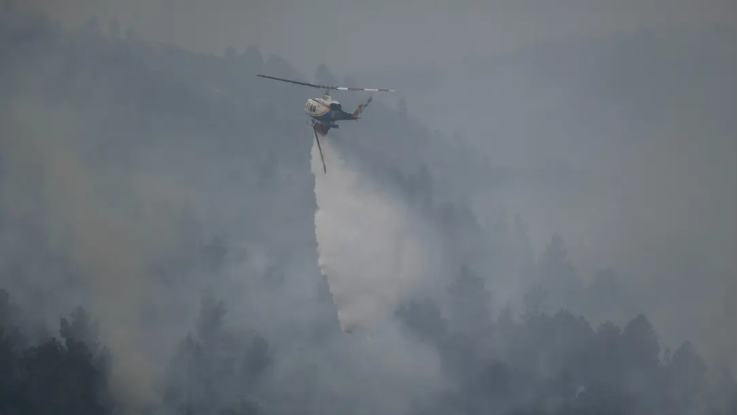Sudan: Al-Burhan Says No Benefit in Peace Talks Without Truce
On Monday, Gen. Abdel Fattah al-Burhan, Sudan's military leader, said US-backed peace talks with Sudan's paramilitary Rapid Support Forces (RSF) that began Saturday in Jeddah, Saudi Arabia, will have no benefit without a truce....
Facts
- On Monday, Gen. Abdel Fattah al-Burhan, Sudan's military leader, said US-backed peace talks with Sudan's paramilitary Rapid Support Forces (RSF) that began Saturday in Jeddah, Saudi Arabia, will have no benefit without a truce.1
- Airstrikes and fighting have continued as the peace talks seemed to have stalled with no progress. A Saudi diplomat familiar with the peace talks said that progress is not occurring because both sides believe that they are 'capable of winning the battle.'2
- Al-Burhan committed to seeking a peaceful solution that will end the fighting but only 'after we reach a permanent ceasefire in Khartoum.' The US-Saudi-initiated talks are the first meaningful effort to end the fighting after previous ceasefires were ignored and the fighting persisted.1
- In mid-April violent skirmishes began between the Sudanese Army, led by al-Burhan, and the Rapid Support Forces, a Sudanese paramilitary group led by the country's deputy, General Mohamed Hamdan Dagalo, also known as Hemedti. The two leaders worked together to end the reign of the former-President Omar al-Bashir in 2019.3
- As a result of the fighting, the Sudanese Health Ministry has reported that at least 550 people have been killed and more than 4.9K have been injured. As the fighting infiltrated Khartoum, one of the largest cities on the continent, foreign governments began evacuating their citizens and personnel to safety.4
- With no permanent ceasefire in sight, the Jeddah talks, set to continue over the next few days, are aimed at achieving a short-term cessation of hostilities as well as facilitating aid supplies and restoring critical services.5
Sources: 1Al Jazeera, 2The Hindu, 3CNN, 4Reuters and 5Dw.Com.
Narratives
- Establishment-critical narrative, as provided by Time. The eruption of violence in Sudan demonstrates that the international community is misguided in its understanding of how to stop the conflict. Countries like the US and the UK have lost their leverage over those who push dark money payments like China, Russia, Saudi Arabia, the UAE, and Egypt. The US should use its predominance of dollar-dominated transactions in tandem with civil society reformers and resistance groups to boost its leverage for positive change and the prevention of future conflict. For now, the international community has failed Sudan.
- Pro-establishment narrative, as provided by New York Times. Since the conflict in Sudan broke out, the US, led by Secretary of State Antony Blinken, has taken on a leadership role to stamp out the violence and return relations to normal in the region. Blinken has been speaking with both generals and working with Saudi officials to bring about a peaceful solution. More importantly, if the US can lead discussions on a safe passage for humanitarian aid, the US will work with the UN to support refugees until a ceasefire or permanent agreement can be reached.







